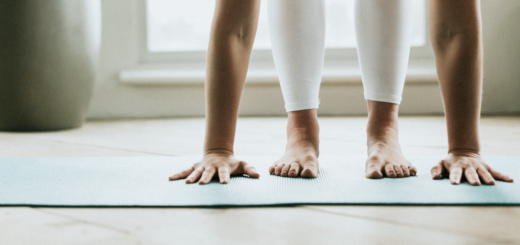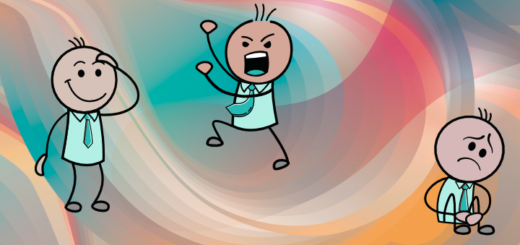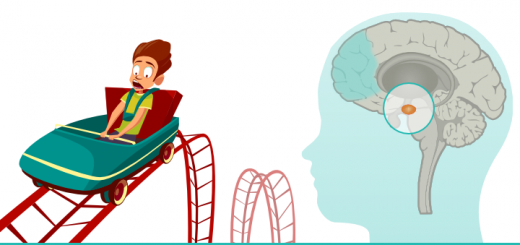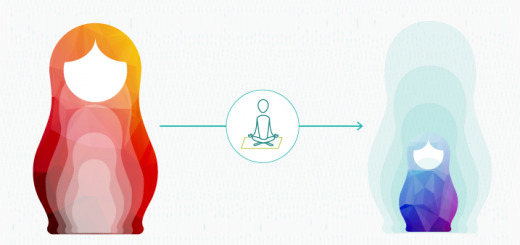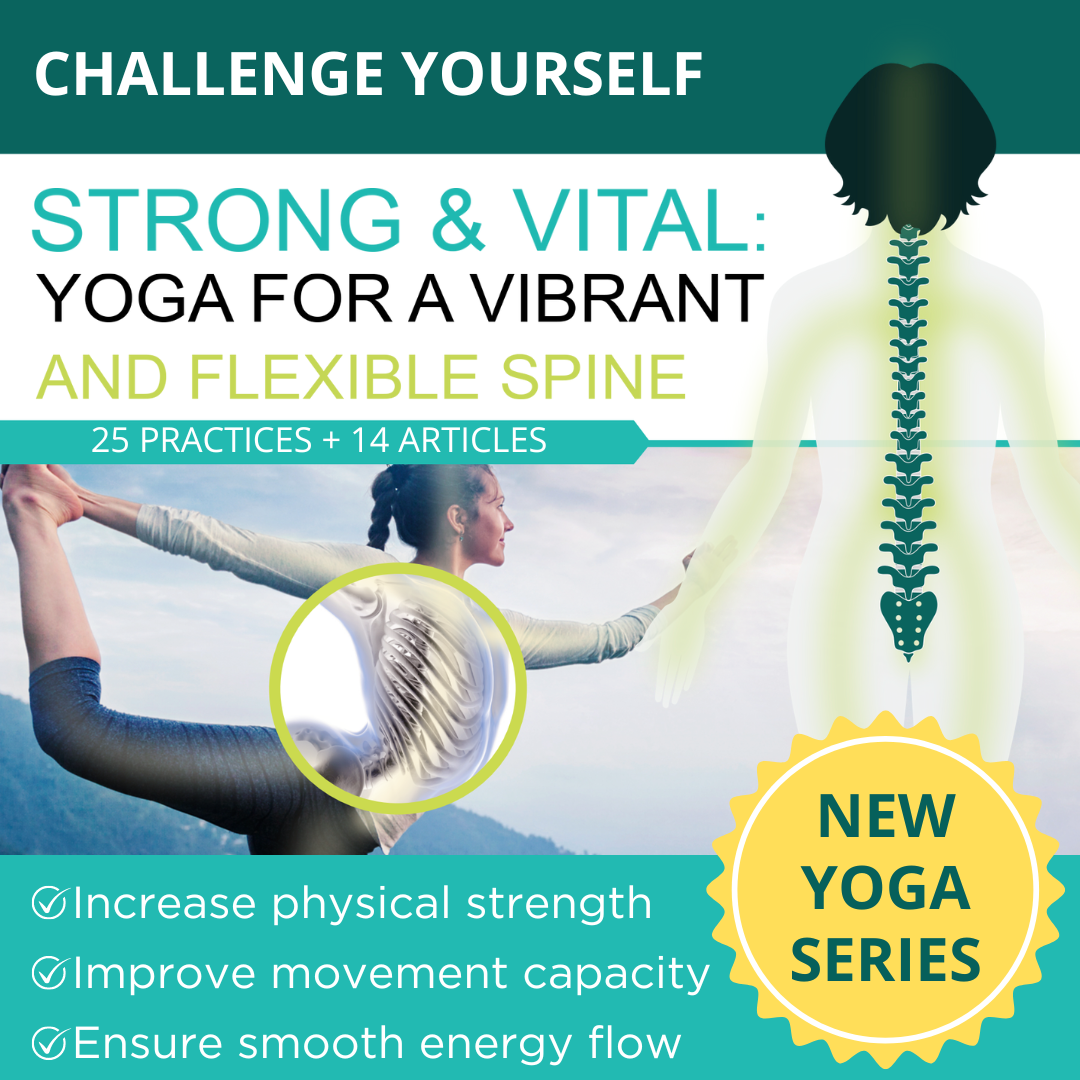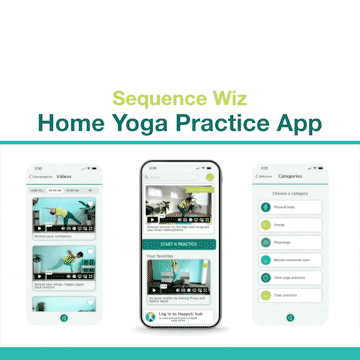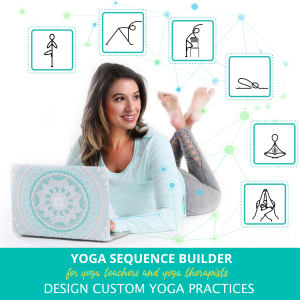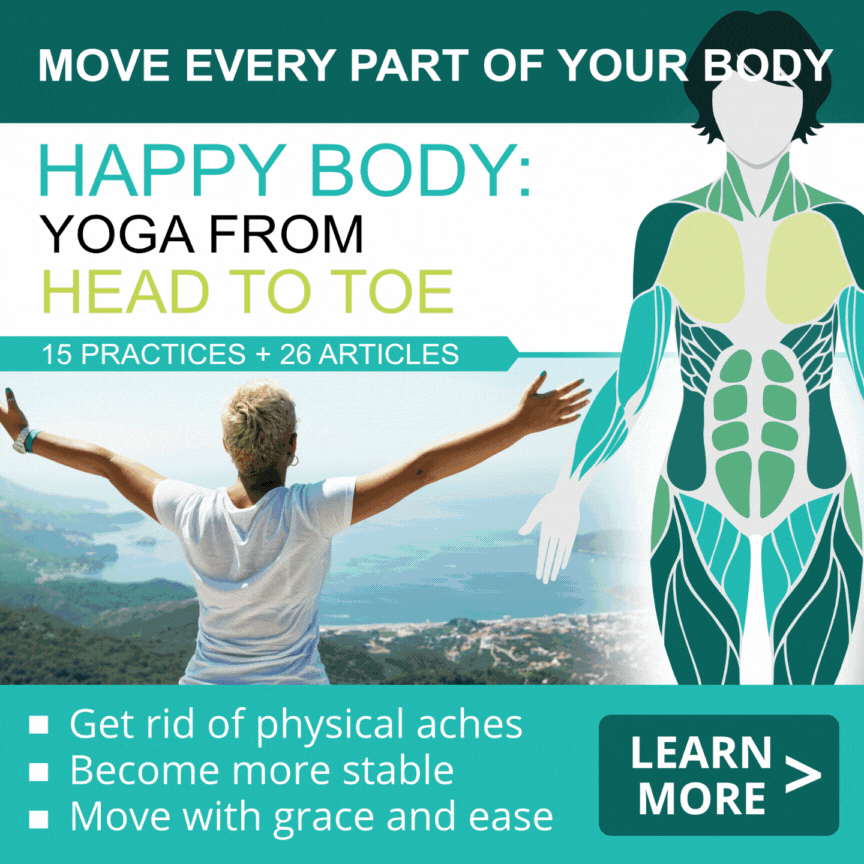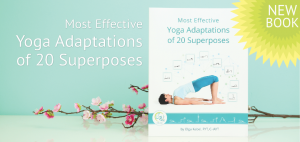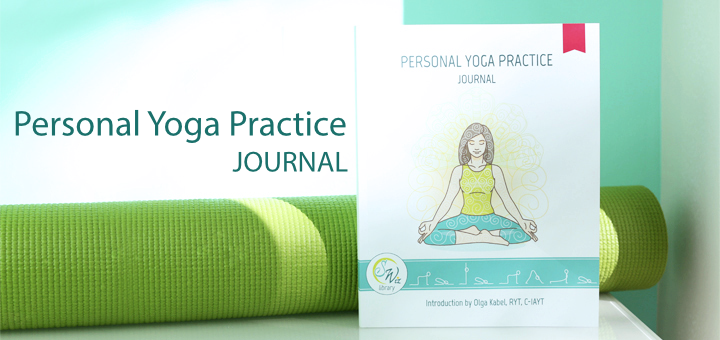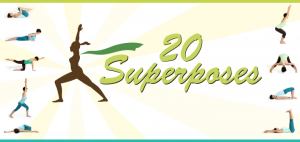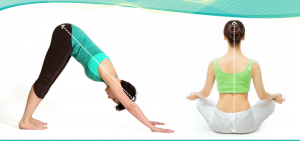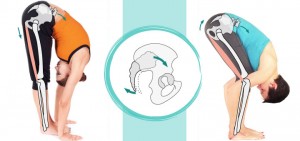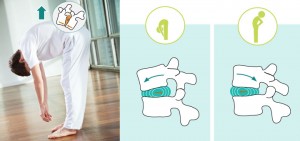Collective Trauma: Safety & Interoceptive Care (why, what, and how)
0
by Maryam Ovissi, C-IAYT
“Interoception is a way of monitoring ourselves so that we can ease the felt pain, expand the felt joy, and make sure that we get the resources needed in any given moment.” Alan Fogel
Yoga is extraordinary in developing a variety of awareness around our koshas/dimensions of oneself. The Astanga/8 limb practice invites thoughtful cultivation of awareness of our mind, bodies, thoughts, senses, and relationships to the inner and outer. As we use indigenous Yoga and Ayurveda wisdom, we add insights from science to be able to articulate why this practice is so valuable and essential to humanity. The concept of interoception came into awareness through a paper written in 1927 by Ivan Pavlov, sharing how when dogs were conditioned to connect the sound of a bell as a sign of food coming, they would begin to salivate. It has since expanded and become an essential sensory awareness to cultivate self-regulation and develop a relationship to present moment awareness.
Interoceptive awareness can be faulty, as it can be based on traumatic events that create mental and bodily imprints that trigger visceral and emotive responses (samskaras!) that may not be accurate to what is in the present moment. The tools of yoga can help us develop our interoceptive awareness, bring our internal experience to the level of consciousness, create new imprints, and to a certain extent, create a new “operating system.” As Yoga Therapists, the skill to co-regulate, bring forth our healing presence, and attune to the needs of our clients is essential.
Education always plays a role in empowerment. As a Yoga Therapist, I believe education is essential. When I educate my clients about their interoceptive sensory system and how they can use the tools of yoga to regulate the inner domain, there is often a sense of curiosity and wonder.
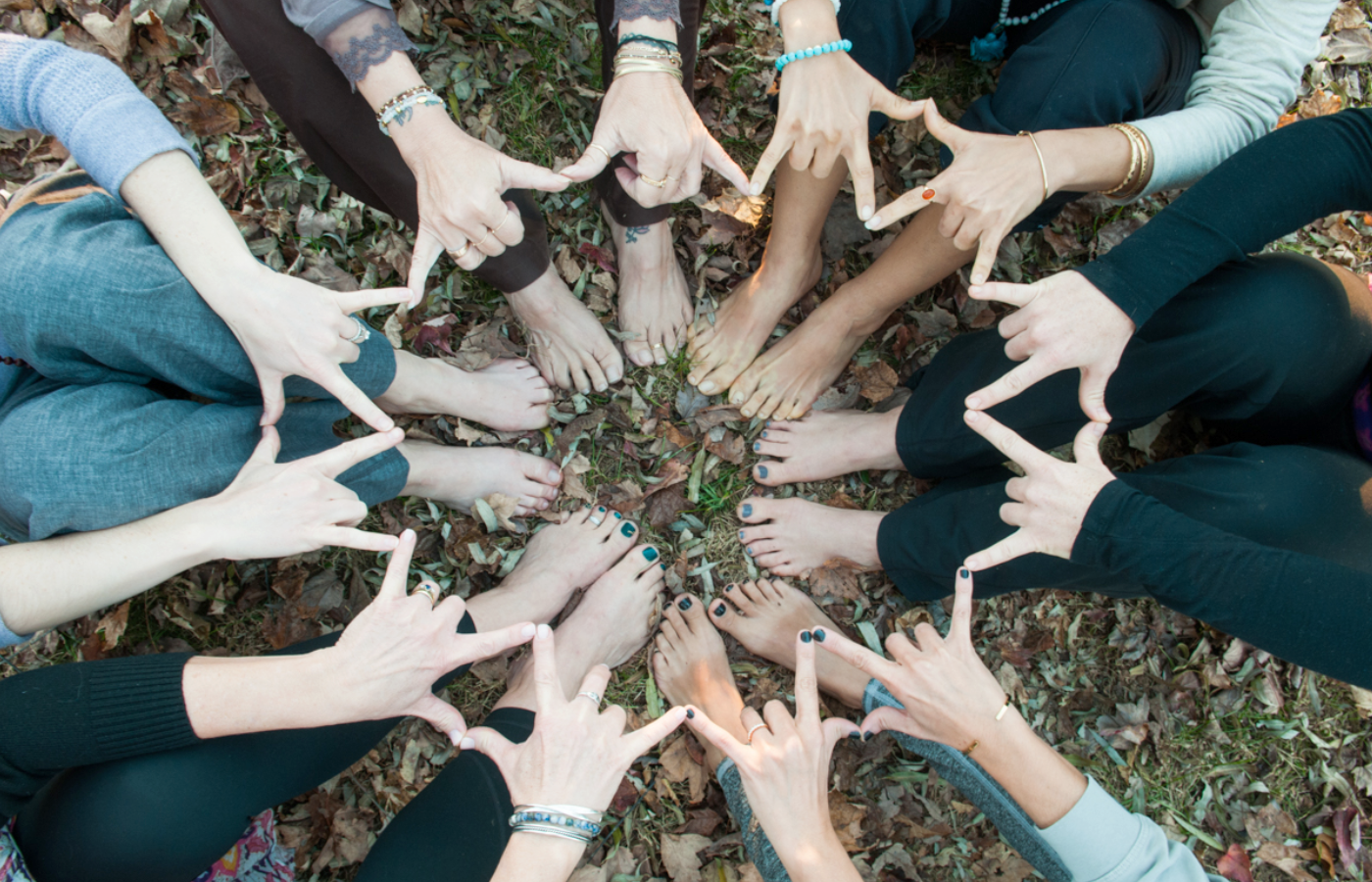
Our interior can give us signals of our sense of safety with the external environment. I remember very vividly that when I began to work back in person during many Covid-19 variant surges of the pandemic, a visceral concern would emerge in me when I was in a practice or clinical space with others. Concerns around “taking the virus” back home to my elderly parent as well as internal conversations with questions like: are there too many people in this room, who is that coughing, do they have Covid-19, should I just shut down the yoga studio, is life ever going to go back to the way it was. I had to engage in daily practices of connection to my safety and choose to make boundaries as needed.
I have had Covid twice, and I am fortunate to have been able to take ample time to rest and mitigate the possibility of Long Covid. However, I have observed in my clients that in the recovery from Covid, it is essential to respect the fatigue, brain fog, and sense of “not feeling like myself” for up to 3 months. So how do I adapt the yoga therapy sessions?
Long Covid is not one thing; it’s a multi-system, often neurological, dysregulation. Recovery varies from person to person and is often impacted by underlying conditions.
I am bringing up long covid in a section on safety and interoception because long covid can impact our interoceptive awareness.
“To alleviate catastrophic thinking toward bodily sensations, active exposures to interoception can be an effective intervention. Interoceptive exposures are applied to lessen panic attacks, which create a pseudo-oxygen-deprived state by exercise-induced increase in heart rate and breathing through straws [39,40]. These interventions aim to ease catastrophic thinking by repeatedly inducing and enduring bodily sensations and increasing coping potential [39,40]. Physical exercise is beneficial for physical and mental health and is recommended even during pandemic quarantine [41]. These interventions can be done quickly, even during quarantine, to be useful as a personal effort to alleviate catastrophic thoughts.” (excerpt from this study, “Effects of Interoceptive Sensibility on Mental Health during the Coronavirus Disease 2019 Pandemic”)
Please consider taking a few moments to reflect on these prompts. Perhaps journal or bring them up as a group conversation.
- Safety & Covid: What are my new boundaries around working with clients in a post-pandemic world (online or in-person, vaccinated or not, masked or unmasked)?
- Long Covid: Have you had Covid? Any symptoms of long covid that you are aware of?
- What are my personal daily practices that cultivate interoceptive awareness?
- Do I intentionally include a practice(s) to foster interoceptive awareness as part of my yoga therapy care plans for my clients?
- How would I educate my clients/students about what interoception is?
Next time we will talk about the importance of dignity and community in overcoming life’s challenges – tune in!
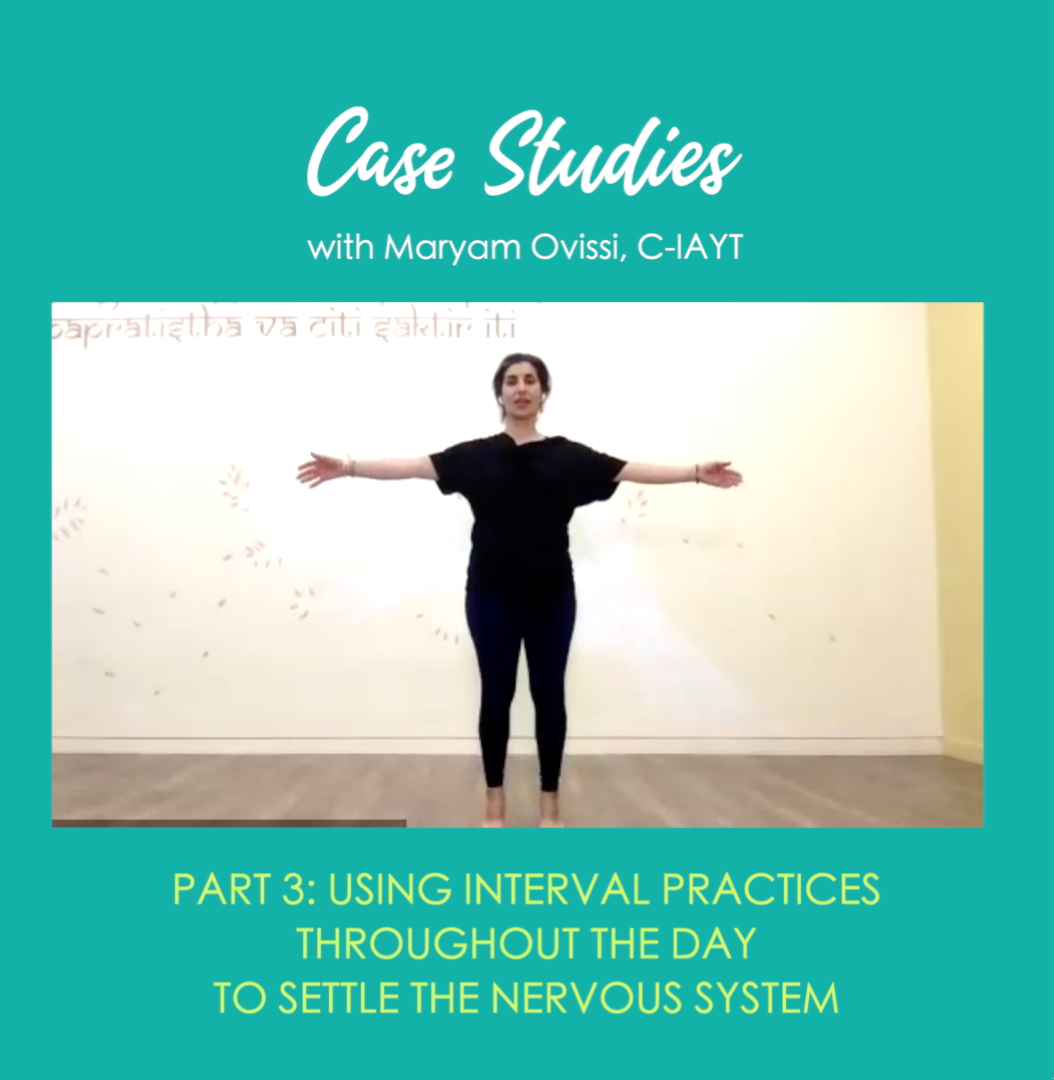
Check out Maryam’s Real-Life Case Studies video series on the Sequence Wiz community site. (Available exclusively to Sequence Wiz members. Learn more about Sequence Wiz membership >)
Part 1 (released): Core needs of an individual within a collective story
Part 2 (released): Using self-touch and community connection to overcome anxiety and loneliness
Part 3 (coming this Friday): Using interval practices throughout the day to settle the nervous system
We will release Maryam’s case studies once a week on Fridays; join our Case Studies group to follow along!
[jetpack_subscription_form]
About Maryam
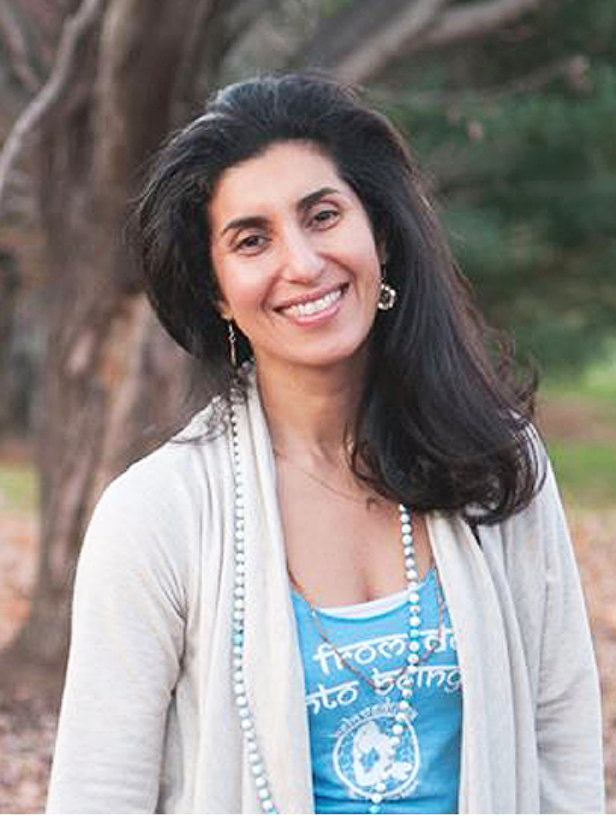 Maryam Ovissi is an accredited Trauma-Informed Clinical Yoga Therapist and Yoga Teacher. Her personal mission as an educator is to provide an opportunity for her students to have access to tools that allow healing, empowerment, and self-realization. Maryam founded Beloved Yoga: A Sanctuary for All, located in Reston, VA, offering yoga therapy, trauma-informed yoga, and a range of accessible classes to share the indigenous teachings of Yoga and Ayurveda with reverence, integrity and accessibility for the community at large, locally and internationally. Maryam’s teachers are the Mohans, and she is honored to be a lead teacher in their Svastha Yoga Therapy Program.
Maryam Ovissi is an accredited Trauma-Informed Clinical Yoga Therapist and Yoga Teacher. Her personal mission as an educator is to provide an opportunity for her students to have access to tools that allow healing, empowerment, and self-realization. Maryam founded Beloved Yoga: A Sanctuary for All, located in Reston, VA, offering yoga therapy, trauma-informed yoga, and a range of accessible classes to share the indigenous teachings of Yoga and Ayurveda with reverence, integrity and accessibility for the community at large, locally and internationally. Maryam’s teachers are the Mohans, and she is honored to be a lead teacher in their Svastha Yoga Therapy Program.
Maryam published Care of the Whole Self: Yoga-Inspired Practices for Befriending the Self in 2020 amid the COVID-19 pandemic. Before that, she wrote Pilgrimage through Patanjali’s Yoga Sutras: Guidebook for Yoga Travelers. Her other writing can be found in publications such as Yoga Therapy Today, World Medical & Health Policy, the American Institute for Cancer Research, and Yogi Times. She is a contributor to the groundbreaking 2022 publication of Yoga Therapy Across the Cancer Care Continuum by Leigh Leibel and Anne Pitman and A World Between: Poems, Short Stories and Essays by Iranian Americans (1999).
Maryam’s commitment to service and public well-being is the guiding light in all her work. Growing up with a renowned international Iranian modern artist, her father, Nasser Ovissi, immersed her in the sea of reverence for art and creativity. She serves on the board of the Tephra: Institute of Contemporary Art and also makes time to explore creativity in her own life through writing poetry and art-making. As an appointed advisory council member to Cathy Hudgins Southgate Community Center as well as NUFDI, she is grateful to be involved in meaningful ways to support the underserved and consider initiatives that activate collective solutions for mental health and human rights.

